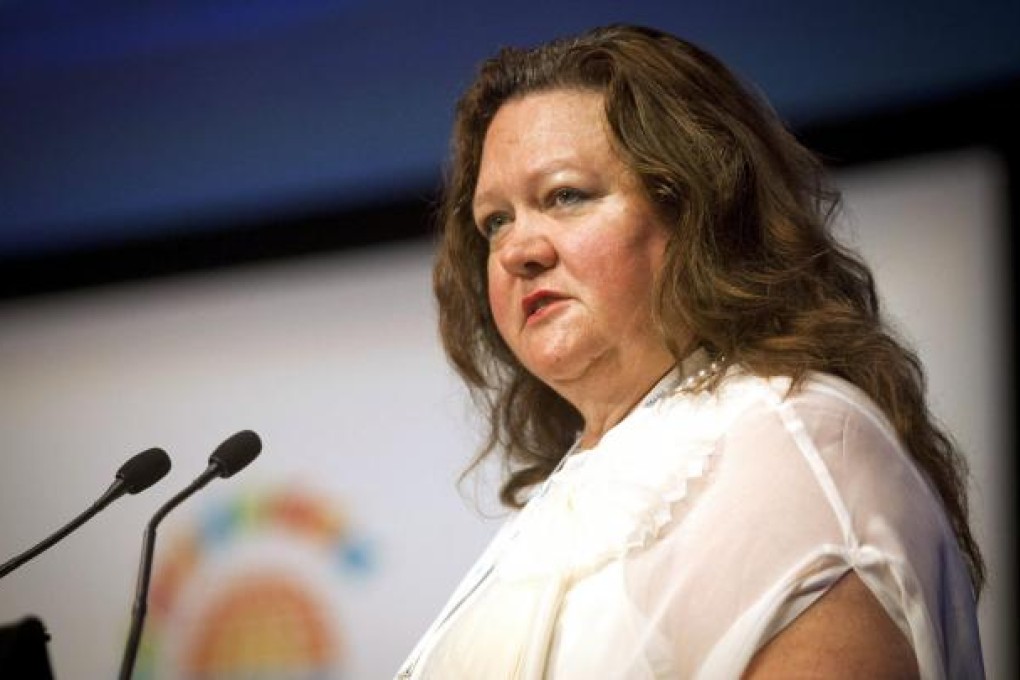Lai See | Cohorts of pussyfooters tiptoe around extravagance curbs

We see that Communist Party chief Xi Jinping has reiterated his call for a curb on official banquets and has called on all government agencies to tone down official receptions to end extravagance and to follow the fine Chinese tradition of "being diligent and thrifty".
But, old habits die hard as Xinhua reveals. Despite the new regulations on frugality, which were first issued last year, Xinhua reports that there are "cohorts of pussyfooters who rack their brains to keep their corrupt working practices and lifestyles while maintaining good repute". But the new catchphrase among party officials is "to eat quietly, to take gently and to play secretly". True, a number of hotels, according to Xinhua, have reported a decline in bookings for official banquets.
But we shouldn't read too much into this. One way round the new frugality drive has been to move luxury banquets out of hotels and into government canteens. Top hotel chefs cook at these canteens, bringing fancy high-end tableware with them.
Readers will know that in our quest to remove the urban blight of illegal parking we have suggested various ideas, including outsourcing the role of traffic wardens so they would have a vested interested in ticketing illegally parked vehicles. Another idea is clamping cars - HK$320 is not much of a deterrent to tycoons but disabling their cars might be.
